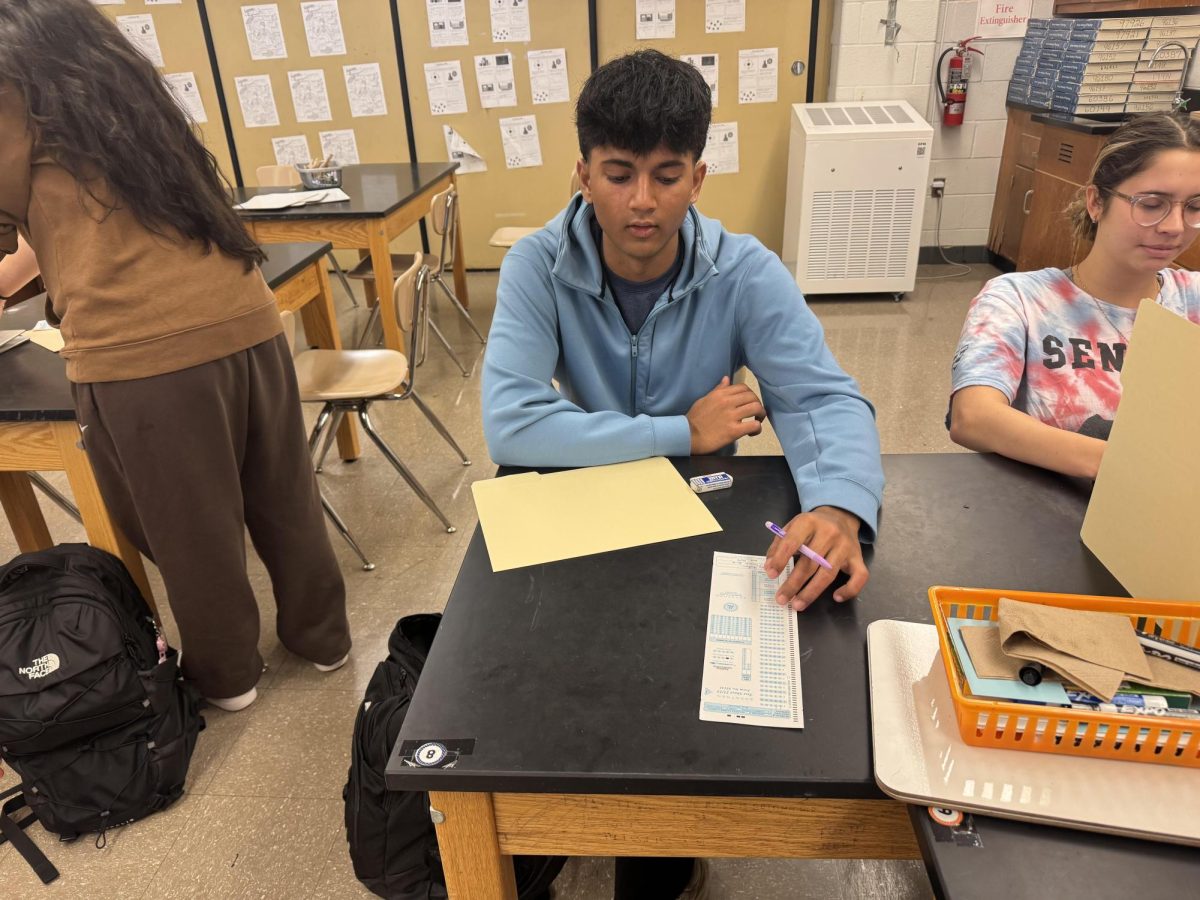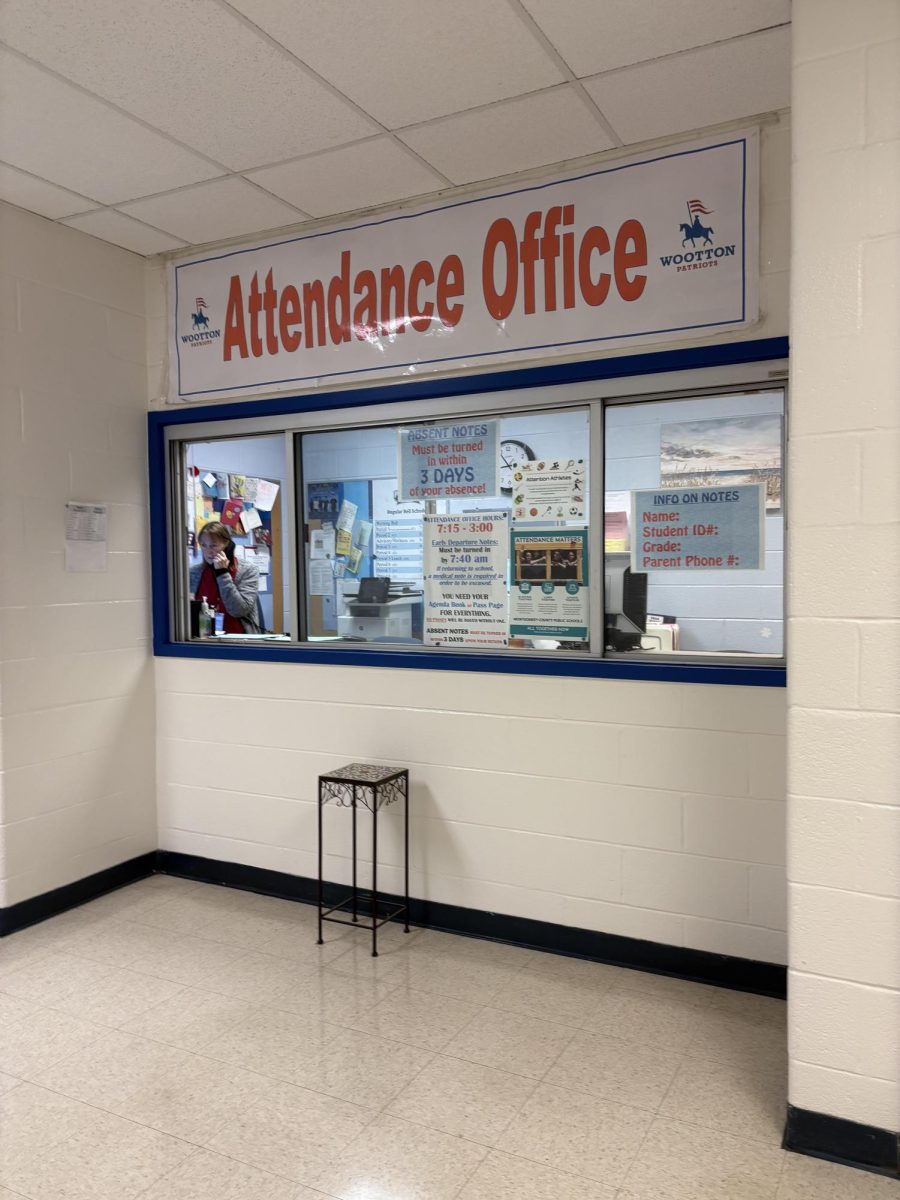Sixty-six years after the first time it was administered, the ACT has changed its policy to offer students the chance to retake specific sections of the test. The new policy gives students the opportunity to use their highest possible composite ACT score by “superscoring” (if they’ve taken the test more than one time) and have the option of taking an online ACT on national test dates. “The three new options are based on feedback from students, parents, teachers, counselors, administrators and higher education officials and supported by the organization’s latest research and technology enhancements,” according to act.org.
An alternative to the SAT, the ACT is a standardized test, with a maximum score of 36, that students submit as part of their undergraduate application. The two hour and 55 minute test consists of four mandatory multiple-choice components (English, math, reading and science) and one optional (writing) section. According to act.org, the improvements to the test will increase confidence in students about their ACT scores. “[This is] a better opportunity [for students] to showcase their readiness and reach their maximum potential,” Suzana Delanghe, ACT Chief Commercial Officer said to act.org.
Previously, students have had to send more than one ACT test results to colleges to be able to determine their composite scores; the new test policy will allow them to draw their best results from all of the sections of the test to determine their highest possible score. “ACT officials said their research recently found that superscoring does not reduce the power of the test to predict how students will perform when they enter college. Researchers reported in July that superscoring might be a better predictor than other ways of communicating test results,” according to The Washington Post.
Another momentous change to the ACT policy is the option to take the test online. According to act.org, students will be able to receive their ACT multiple tests and composite scores two business days after they’ve taken the exam. Students who take the standard paper and pencil ACT receive their scores three weeks after taking it. According to act.org, “Offering online testing allows us to better meet the needs of today’s students and provide them with greater flexibility, choice, and opportunities. By doing so, we are able to achieve our mission to help ALL learners achieve education and workplace success.”
A new change to the policy that has been eliciting various responses from students at this school is section retesting. The students who retake only one part of the ACT experience a shortened test compared to students who are retaking the entire ACT. Junior Jacob Kaplan-Davis and senior Sunaina Sunda have both taken the test before the announcement of the new policy. They believe taking long tests enables students to grow as test-takers and thinkers and gain experience to handle future tests in college and their careers. “Being able to take long tests is important, and the ACT’s new policy devalues this skill,” Kaplan-Davis said.
For sophomore Asbah Qadri, the new ACT section retake policy is a chance to improve on the subjects that she won’t perform well in when she takes the test. Qadri thinks the new policy will enable students to have more versatility and prevent students from retaking the entire exam when they are receiving low scores in a particular subject. “It causes less stress and is less time consuming,” Qadri said.







